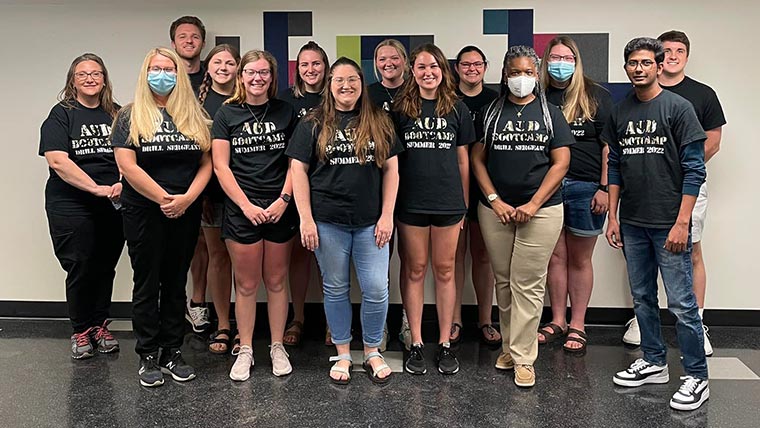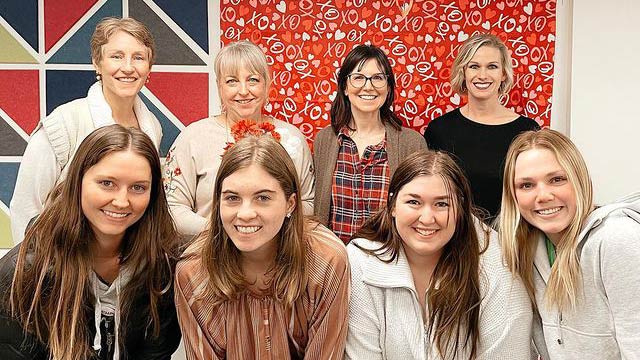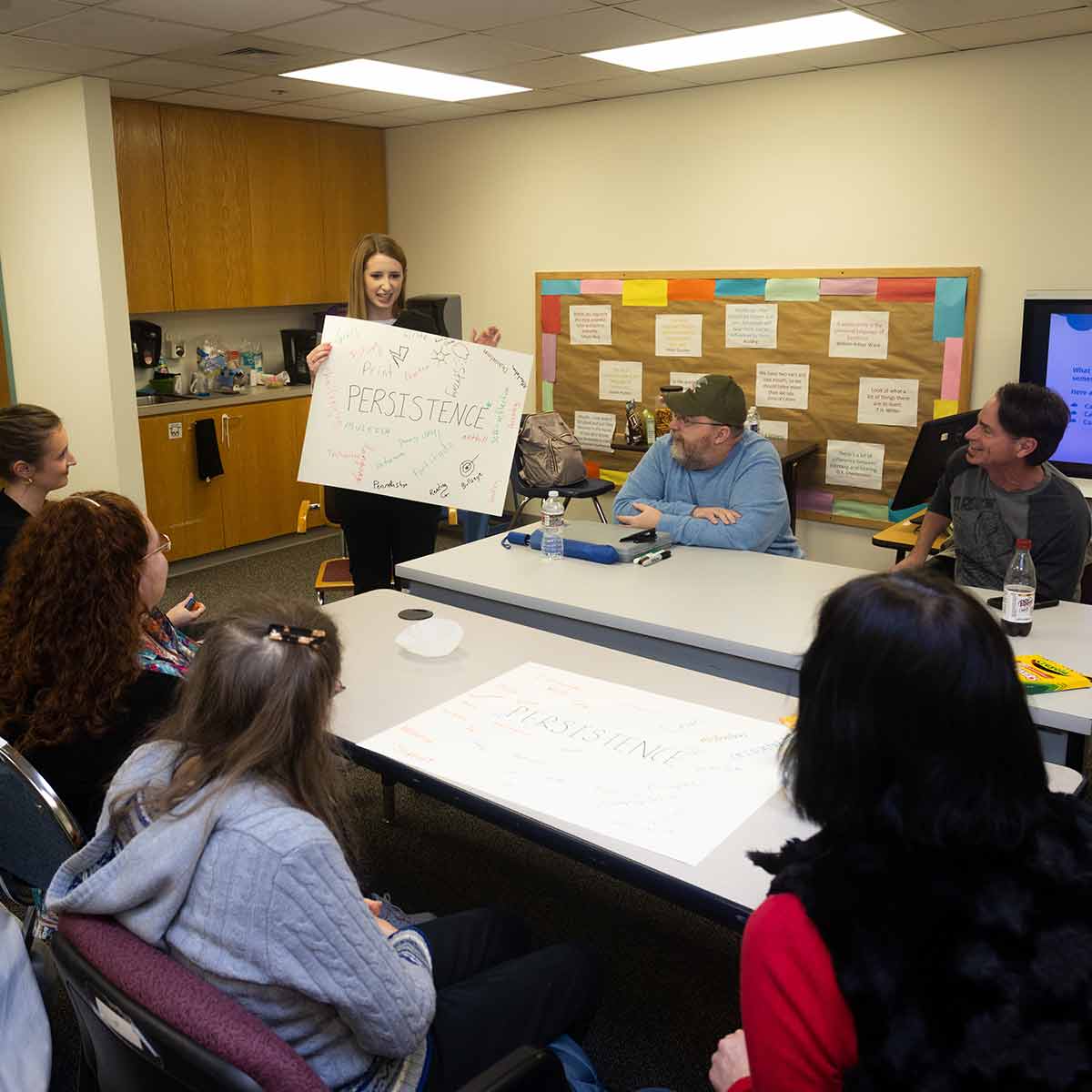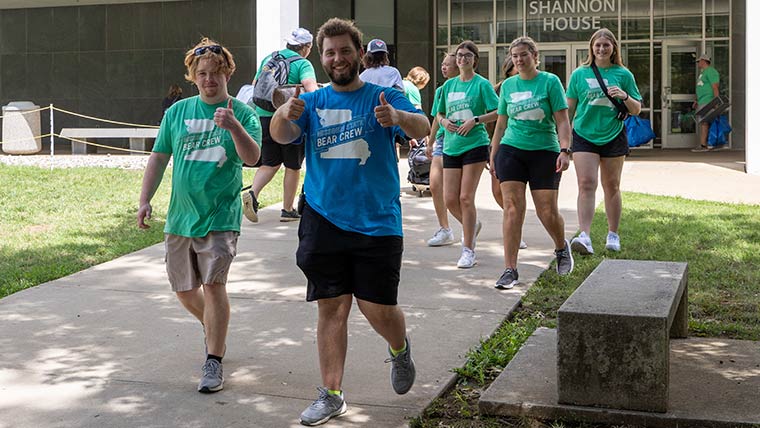Student Opportunities and Services
Extend your learning
With clubs, programs and research groups, you can take your education beyond the classroom.
Student organizations
Add experience, build relationships and discover job leads.

Team up with other Bears who want to become audiologists.

Advocate and promote the study of human communication behavior.
Professional organizations
You can join classmates and faculty in non-MSU organizations as well.
Be part of the state’s top professional organization for audiologists.
Help make Missouri a better place for people with communication impairments.
Speech-Language Hearing Clinic
Gain clinical experience
As you complete your degree, you’ll also receive hands-on training in the Speech-Language-Hearing
Clinic.
Improve your clinical competency as you train under licensed clinicians.
Improve your clinical competency as you train under licensed clinicians.

Other ways to get involved
Whatever inspires you, we can help you do it.
Conduct vital research
Make new discoveries in the field of communication sciences and disorders.
As a student, you can:
- Work one-on-one with CSD faculty on research projects.
- Gain experience in clinical research.
- Apply your learning and improve your presentation skills.

Living-learning communities
Live on campus with other Bears who want to work in health care.
Access the tools for success
Use free resources around campus to aid your academic journey.
Find more help through our Guide to Services.